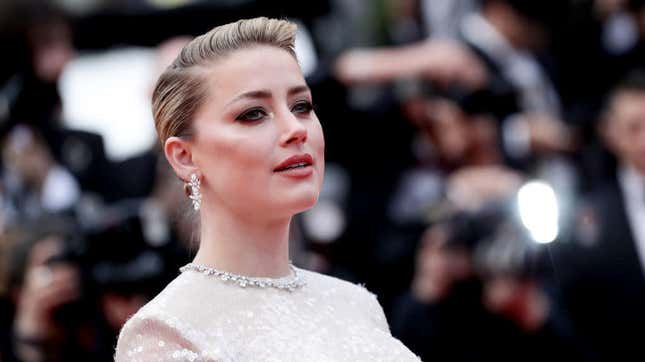Amber Heard On Why the Term 'Revenge Porn' Fails Its Victims
Latest

In May Amber Heard spoke at the U.S. Capitol in support of the SHIELD Act, which criminalizes the sharing of revenge porn, an issue close to Heard who was one of many celebrities whose nude photos were compromised in a mass leak in 2014. Now she has written an op-ed for the New York Times detailing why state laws fail to protect victims of revenge porn and suggests that we throw out the term altogether and adopt “nonconsensual pornography.”
-

-

-

-

-

-

-

-

-

-

-

-

-

-

-

-

-

-

-

-

-

-

-

-

-

-

-

-

-

-

-

-

-

-

-

-

-

-

-

-








































